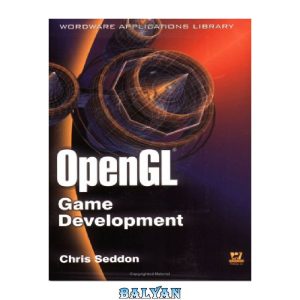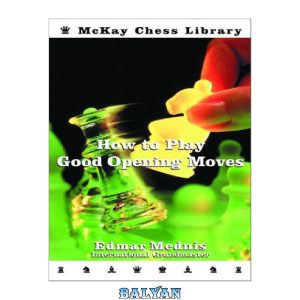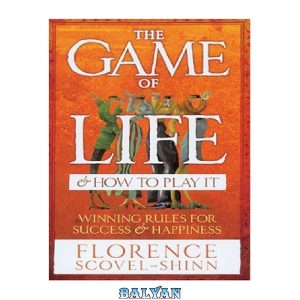Minority games are simple mathematical models initially designed to understand the co-operative phenomena observed in markets. Their core ingredients are large numbers of interacting decision-making agents, each aiming for personal gain in an artificial ‘market’ by trying to anticipate (on the basis of incomplete information, and with an element of irrationality) the actions of others. Gain is made by those who subsequently find themselves in the minority group, e.g. those who end up buying when most wish to sell or vice versa. Aimed at researchers and students in physics, mathematics and economics, as well as financial practitioners, this text describes the mathematical theory of Minority Games from a statistical mechanics viewpoint. It provides a detailed and explicit introduction to the advanced mathematical analysis of these models, describes the potential and restrictions of physical methods in solving agent based market models, and outlines how different mathematical approaches are related.
ترجمه فارسی (ترجمه ماشینی)
بازی های اقلیت مدل های ریاضی ساده ای هستند که در ابتدا برای درک پدیده های مشارکتی مشاهده شده در بازارها طراحی شده اند. اجزای اصلی آنها تعداد زیادی از عوامل تصمیم گیرنده متقابل است که هر یک با تلاش برای پیش بینی (بر اساس اطلاعات ناقص و با عنصر غیرمنطقی) اقدامات دیگران، به نفع شخصی در یک “بازار” مصنوعی است. سود توسط کسانی حاصل می شود که متعاقباً خود را در گروه اقلیت می یابند، به عنوان مثال. کسانی که در نهایت زمانی که بیشتر مایل به فروش هستند خرید می کنند یا برعکس. این متن با هدف پژوهشگران و دانشجویان فیزیک، ریاضیات و اقتصاد، و همچنین متخصصان مالی، نظریه ریاضی بازی های اقلیت را از دیدگاه مکانیک آماری توصیف می کند. مقدمهای دقیق و صریح برای تحلیلهای ریاضی پیشرفته این مدلها ارائه میکند، پتانسیل و محدودیتهای روشهای فیزیکی را در حل مدلهای بازار مبتنی بر عامل توصیف میکند، و چگونگی ارتباط رویکردهای ریاضی مختلف را تشریح میکند.












نقد و بررسیها
هنوز بررسیای ثبت نشده است.